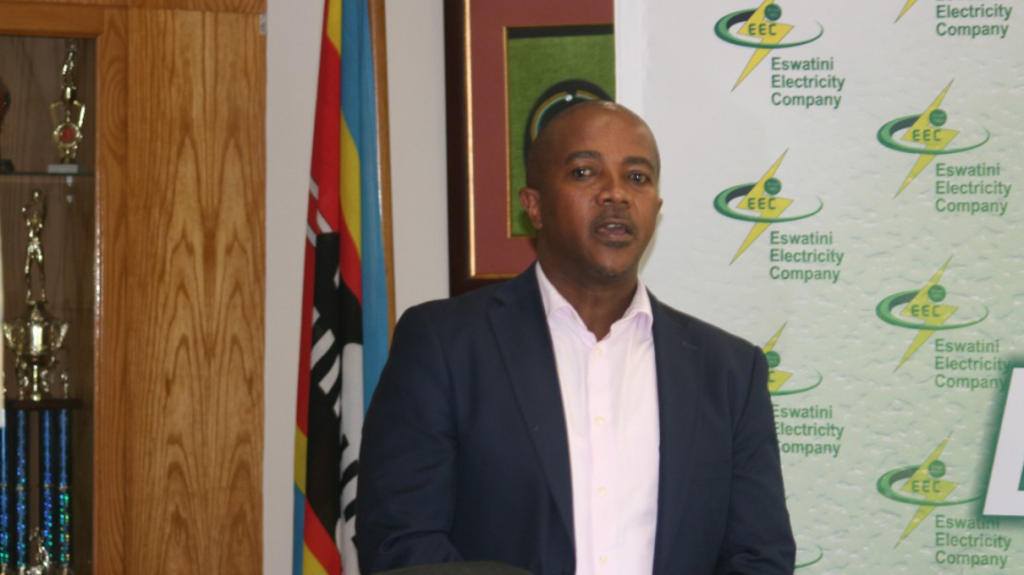
The Eswatini Electricity Company (EEC) has announced positive progress in its ongoing Power Shift Winter Load Management Campaign, launched in June 2025.
The campaign launched by EEC Managing Director, Ernest Mkhonta, aims to reduce peak electricity use during the cold season.
According to EEC’s Marketing and Corporate Communications Manager, Khaya Mavuso, consumer response has been very positive.
Households nationwide are adopting energy-saving practices such as bulk cooking and shifting appliance use away from peak hours (6:00–8:00 AM and 5:00–8:00 PM).
“We thank the public for their cooperation,” said Mavuso in a press release. “Their support helps decrease pressure on the national grid and ensures more reliable electricity access for everyone.”
Even with the campaign’s success, EEC has addressed several public worries, including perceived uneven load shedding in some areas, unexpected outages, and limited access to load shedding schedules in rural regions.
“The load shedding schedule is based on technical needs and demand balancing — not customer class or location,” said Mavuso. “We ensure fair rotation across all areas and are constantly monitoring the shedding for fairness.”
Mavuso also mentioned that hospitals, water treatment plants, national security facilities, and emergency services are generally exempt from load management to protect public safety.
Sometimes, facilities that seem unaffected may be powered by private backup systems. Load management impacts entire feeders, not individual homes, selectively.
Unscheduled outages may happen due to faults or emergencies, with real-time updates provided via social media platforms. To improve accessibility in rural areas, EEC has expanded its communication channels to include SMS alerts, radio broadcasts, and direct community outreach.
Besides technical improvements, EEC promotes responsible energy use through digital content and influencer campaigns, encouraging the use of energy-efficient appliances and behavioral changes.
“Load management mainly happens during non-business peak hours and mainly affects domestic consumers. Most businesses have prepared for scheduled downtime,” Mavuso added.
He also pointed out that Eswatini is not alone in experiencing energy challenges. “The current situation is part of a regional issue. Rising demand and limited supply impact many countries in the entire SADC region.”
In partnership with the Ministry of Natural Resources and Energy and the Eswatini Energy Regulatory Authority (ESERA), EEC is investing in long-term infrastructure, diverse energy sources, and smarter load management systems to ensure sustainable energy delivery.
EEC will keep engaging with the public throughout the campaign. A formal review is planned for the end of July 2025 to evaluate the impact, collect feedback, and improve the strategy before a new schedule begins in August 2025.
For updates and the latest load shedding schedule, customers are encouraged to visit the EEC website or scan QR codes on social media and printed notices.
